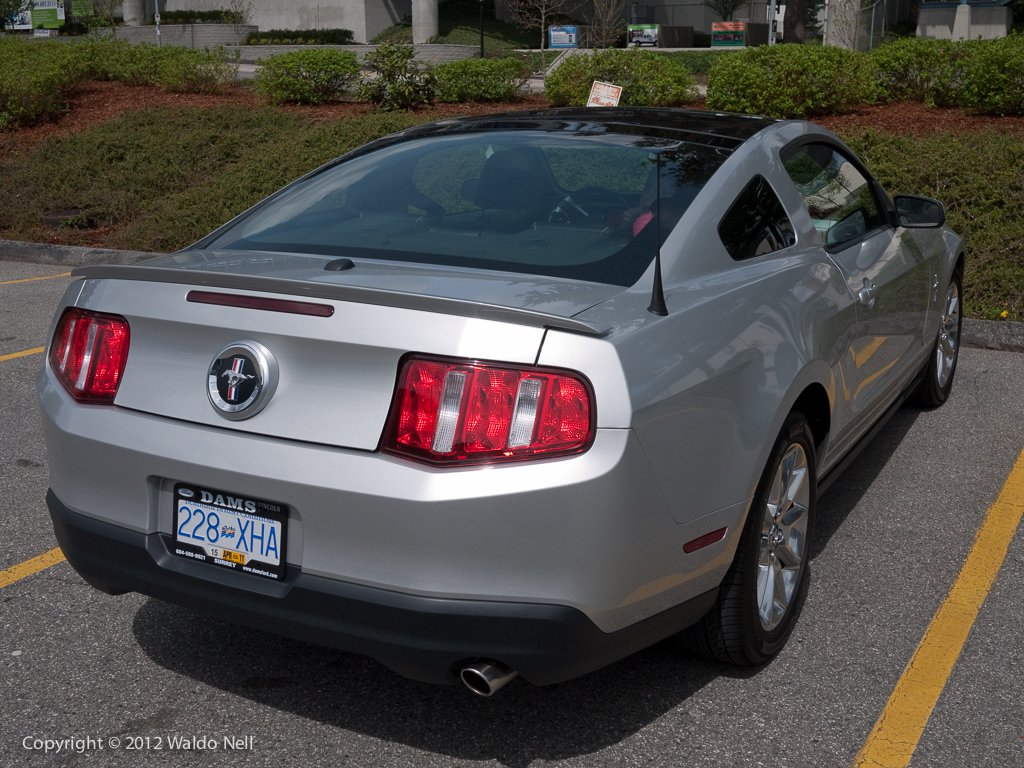Cannot connect to a network share by netbios name?
I recently had the odd situation where trying to connect to a shared printer on a Windows XP workstation, a member of the AD domain, did not work. It failed to connect. However, connecting using the IP address of the host worked just fine.
DNS entries were all registered correctly for the netbios name, and pinging the host from the server resolved it just fine. No firewalls were blocking file/print sharing ports, file and print sharing was turned on...
After 30 minutes of verifying the usual suspects, I was ready to tear out the hair on my scalp. Fortunately I had a bright moment and actually read the error message - it referenced something about time not being correct. I looked at the server's time and then the workstation and alas - the workstation was set 1 day earlier. Once I fixed the time on the workstation I could access it using its netbios name once again.
Ubuntu 10.04 x64 and Sun JDK 1.6
If you are in the same boat as I am, upgrading from Ubuntu 9.10 to 10.04 you will find Sun's JDK not to be present after the upgrade. Trying to apt-get it does not work since the package is not present in the default sources.list. I usually download it from http://www.java.com/, and use
sh jdk-6u20-linux-x64.bin
to execute it. In my case I received this error:
JBoss Seam not rendering any tags?
If you ever run into the weird situation where you use JBoss Seam with Facelets and everything seems to be working, except the page does not render any tag - no matter whether it is s, h, f, a4j, rich or ui (the common abbreviations for them), then have a look at faces-config.xml. I once made the simple mistake of calling the file faces_config.xml, effectively the same as not having that file. However since it WAS there and did look almost like faces-config.xml, I missed it for 3 hours. Do not make the same mistake - ensure that file is there, correctly spelt and in the xxx.war/WEB-INF/faces-config.xml location.
Office 2010 Professional Plus on Win 7 breaks Excel file associations
I have just removed Office 2007 Professional and installed Office 2010 Professional Plus RTM on my Windows 7 Ultimate x64 machine. I chose the x64 bit version of Office.
However, all my .xls and .xlsx file associations were missing. And it did not help going to File -> Properties -> Change association as no matter what I did, I could not add Excel to the list of applications. No amount of Repair / etc worked.
So I fired up Regedit.exe, went to HKCR.xlsx and deleted that key. Instantly the .xlsx files on my computer were associated with Excel. I could now right click on .xls files, and change their default application to Excel.
Pony Rules.
For those intrigued individuals desperately seeking the truth behind my elusive Pony car... Behold - I present to you:

